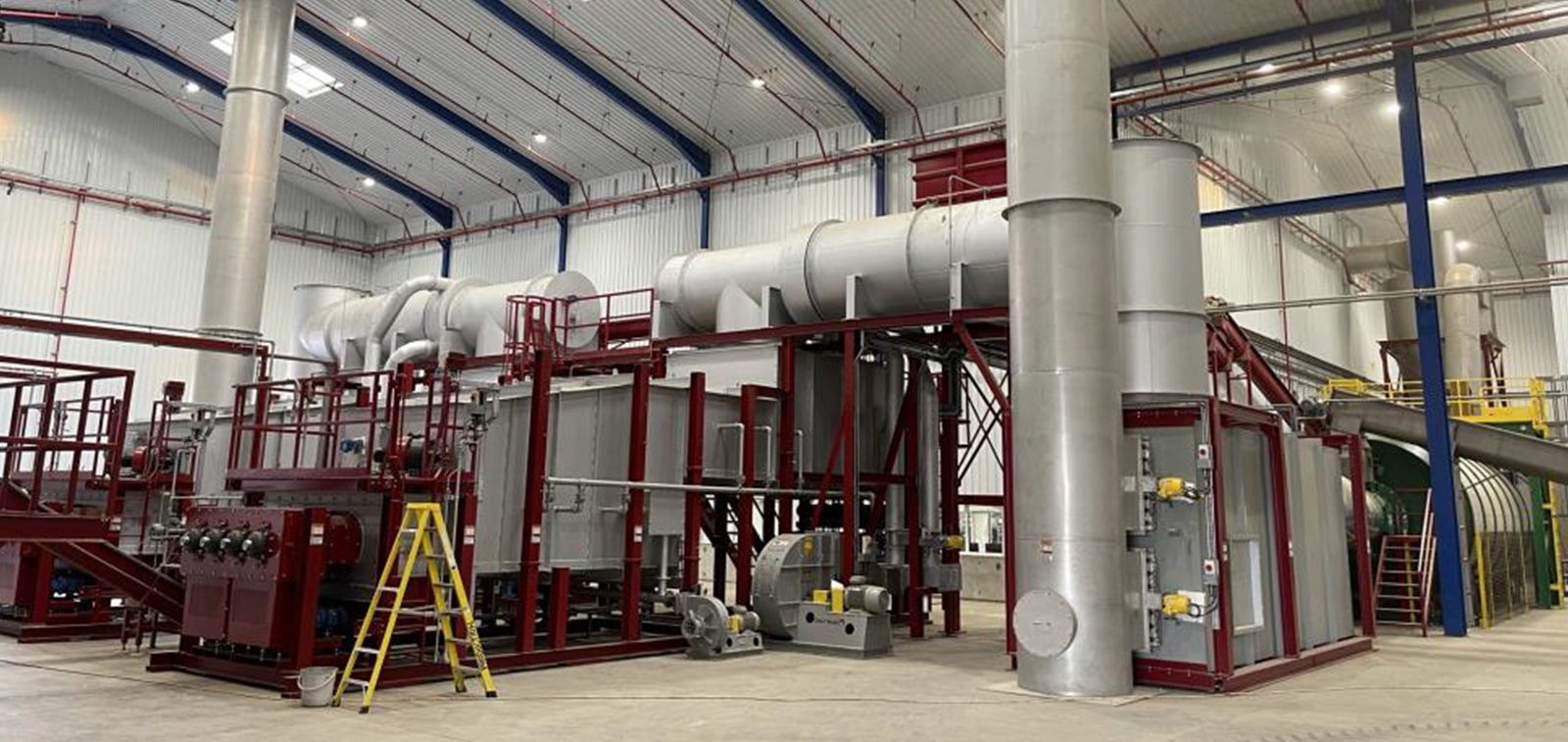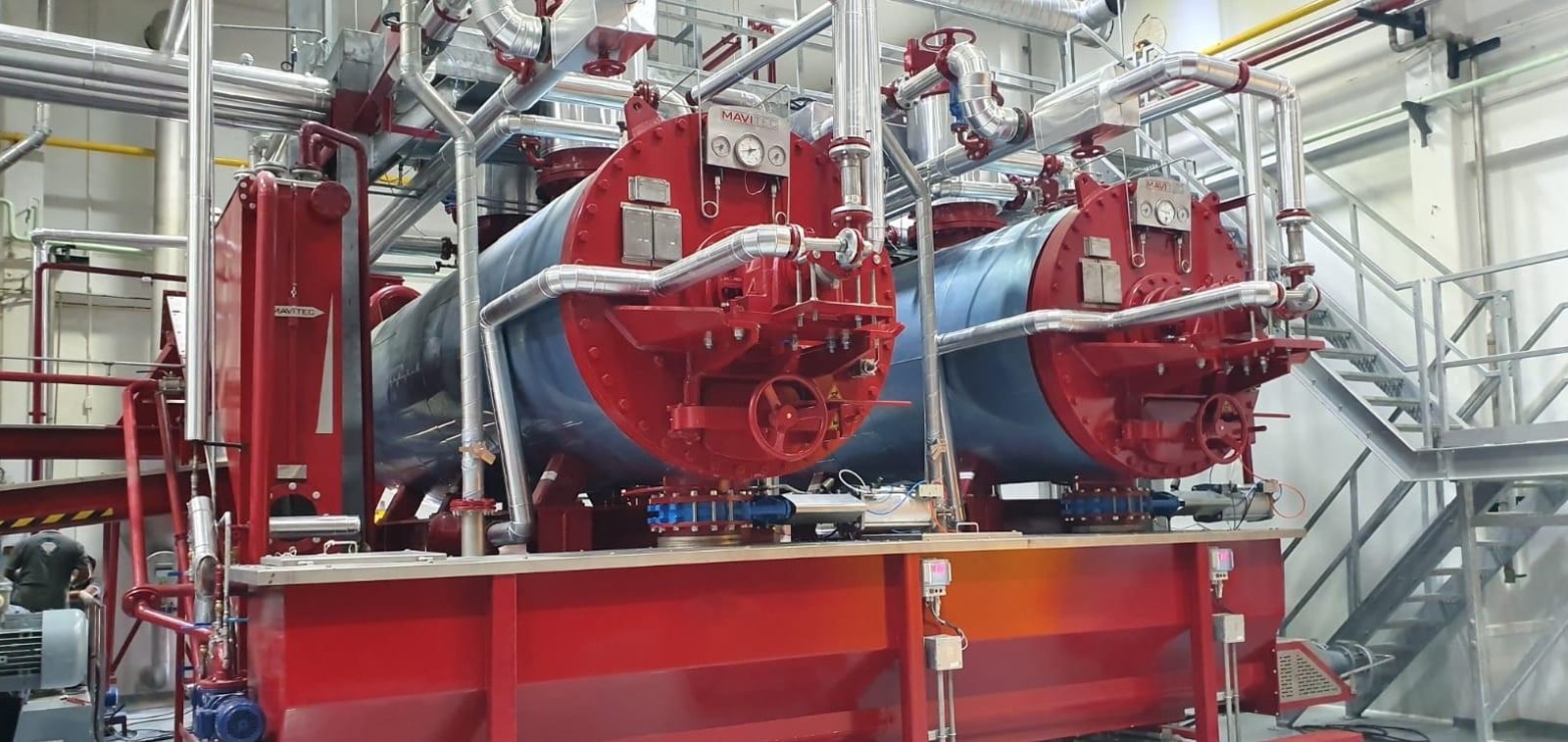Carbonisation is a process of heating organic materials in the absence of air, which drives off volatile components and leaves behind a carbon-rich residue called biochar. Biochar is a stable form of carbon that can be used as a soil amendment to improve soil fertility, increase water retention, and reduce greenhouse gas emissions.
It has the potential to contribute to mitigating climate change by sequestering carbon in the soil and reducing greenhouse gas emissions from agriculture. It also has the potential to improve soil health, increase crop yields, and reduce nutrient runoff.
Biochar can be made from a variety of feedstocks, such as agricultural waste, forestry residues, and municipal solid waste. The process of making biochar can also generate heat and energy, which can be used for various applications.
Carbonisation and biochar technology offer a promising solution for managing organic waste and contributing to sustainable agriculture and climate change mitigation.


